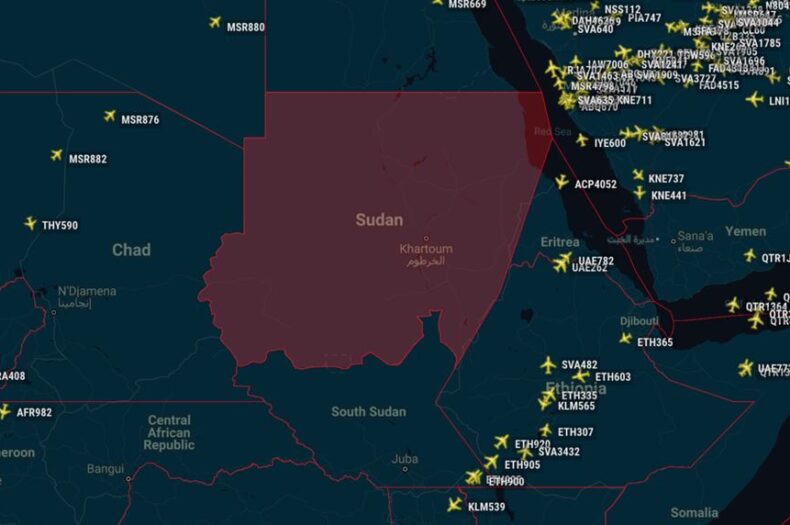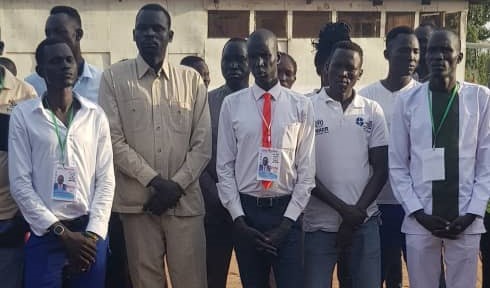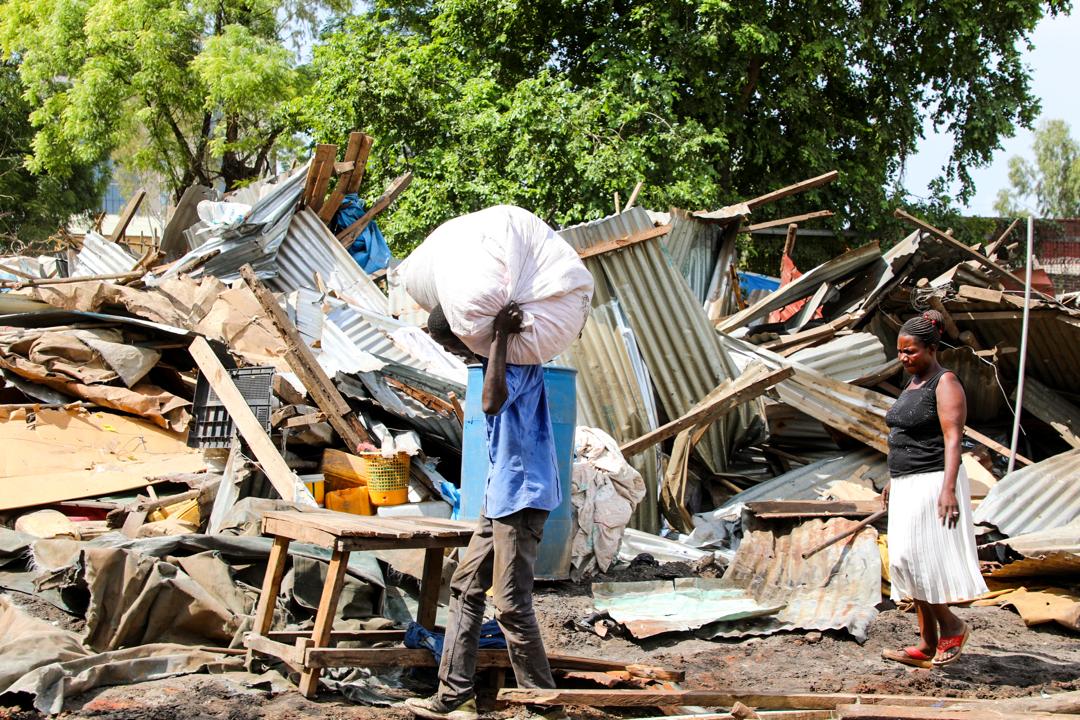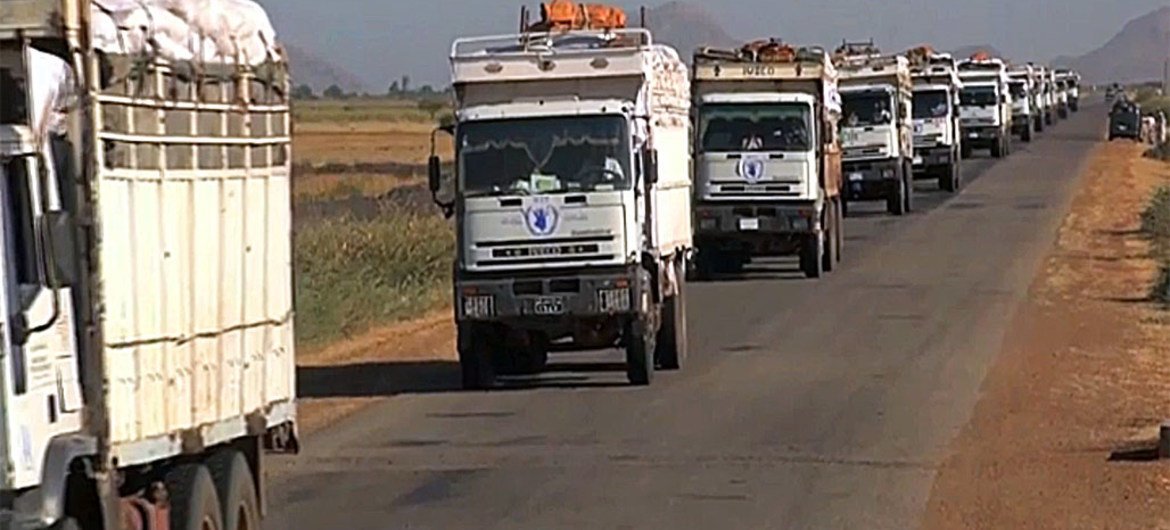South Sudan yet to tap $3m monthly airspace income

South Sudan is losing overflight fees amounting to $3 million every month to Sudan, an official at the South Sudan Civil Aviation Authority has revealed.
The country’s upper feet airspace is still being controlled by Sudan, and as a result, Khartoum collects overflight fees from all planes flying over South Sudan’s airspace.
Stephen Rombe Tako Lojulo, the Director General-Air Navigation Service at South Sudan Civil Aviation Authority (SSCAA), said that despite South Sudan having full control over its lower airspace, the country often misses out on lucrative revenue as a result of not having a grip on the upper airspace.
“Imagine $3 million monthly, and [especially] during this time of COVID-19, that is a very huge amount of money that could have been used to install the country’s airport equipment, but now Khartoum is the one chewing it,” Director Tako lamented.
He said Sudan’s airspace is smaller than South Sudan’s, and this means that most of the planes prefer using South Sudan’s airspace.
“I think it is some of the reasons why Sudan (Khartoum) doesn’t want to relinquish control of the airspace to South Sudan,” he stressed.
Tako stressed that if the country claims full control over both its lower and upper airspace, it would be able to collect all the overflight fees.
However, he said SSCAA was working hard with NavPass to have full control of its autonomous airspace, which would allow it to collect the overflight fees.
“We are progressing well, although slowly, in phase one. We are dealing with Juba and the second phase will be dealing with Malakal and Wau which will cost $1 million, and NavPass will help us to equip these two airports because we have already started charging the airline operators.”
However, he reiterated that they have manpower on the ground and that once they equip all the transmitters and the airspace with communicational procedures such as boosters and other tools, it would be easy for them to have full control of upper airspace.
Efforts in place
In addition, a spokesperson from NavPass revealed that plans are underway for South Sudan to control the upper airspace soon.
He said South Sudan Civil Aviation Authority and NavPass are currently implementing what they called a public-private partnership.
“The SSCAA and technical partner NavPass are now commencing a six-month project to install the infrastructure to manage and control the upper airspace too. In six months, time, South Sudan will wholly manage and control its entire sovereign airspace, both lower and upper, ” he said in a statement to City Review, where he rubbished claims that Juba had no say in the routes.
According to NavPass official, the process of having full control of airspace is ‘‘not contingent on equipment or training from Khartoum, or China, but is entirely managed and deployed by SSCAA and NavPass, with a mandate from the South Sudanese Ministry of Transport and Roads’’.
“This is an extremely positive and progressive development for South Sudan. The new airspace is powered by technology as advanced as any airspace in the world. “
He said the higher safety standards will not only protect South Sudanese and operators but will also mean “that international operators will begin to integrate Juba into their routes, having avoided it for years due to its non-compliance with international safety standards’’.
“Using the firm’s automated technology, South Sudan will be able to collect fees from all aircraft using the airspace; a source of revenue that could bring in tens of millions of dollars each year once the full airspace is reclaimed,” he added.
In April this year, South Sudan and NavPass signed an agreement to claim ownership of its sovereign airspace and collect overflight fees.
The agreement is to pave the way for South Sudan to collect fees from all aircraft and increase non-oil revenue.


